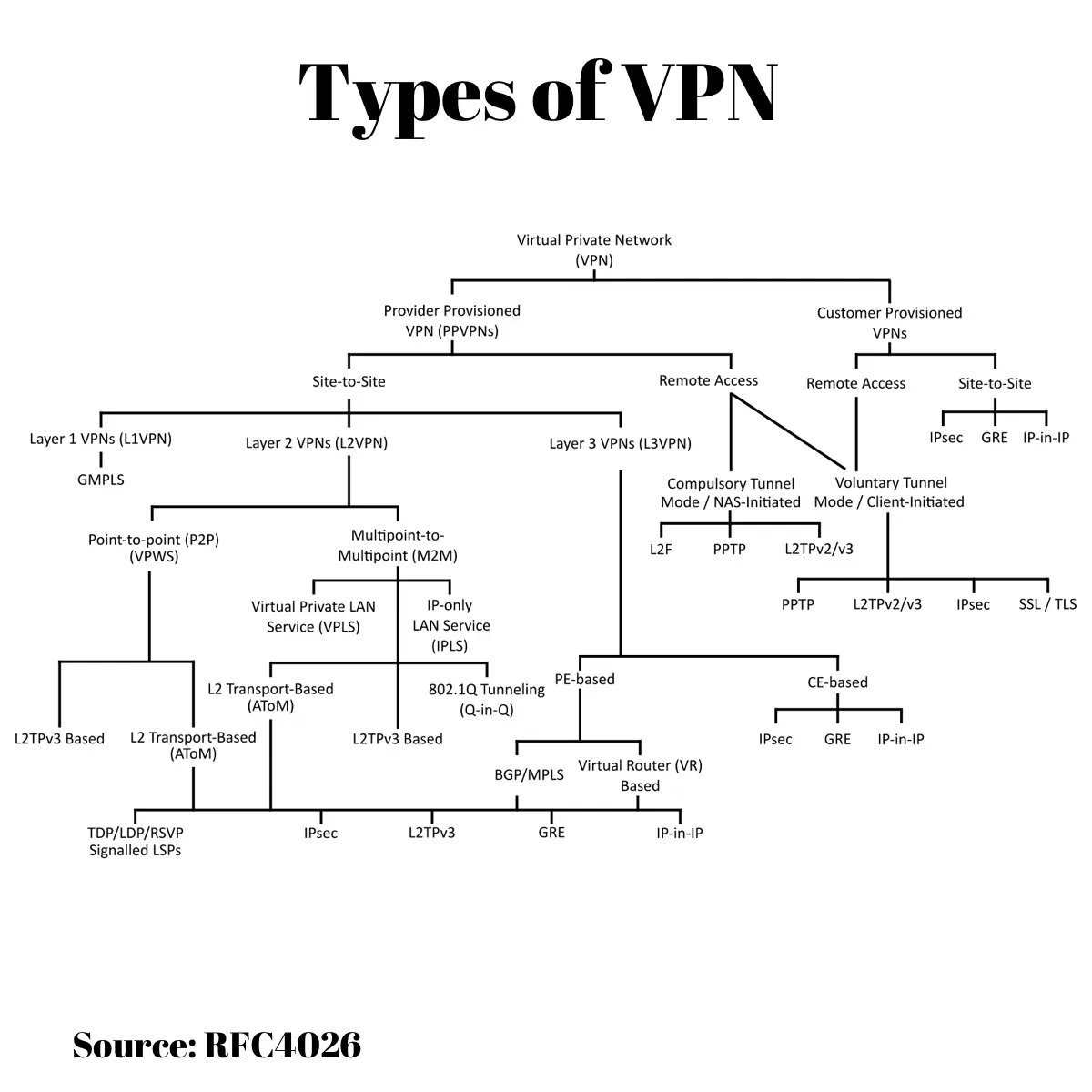Types of VPN

Introduction
In today’s world of globalization, where businesses and individuals need to access resources from different geographical locations, Virtual Private Network (VPN) has become an essential tool. VPN is a secure way of accessing the internet and other network resources from remote locations. It helps to protect your online identity and sensitive information from prying eyes. In this blog post, we will explore the different types of VPN available and how they work.
Remote Access VPN
Remote Access VPN is the most common type of VPN used by individuals and small businesses. It allows users to access a private network securely from remote locations, such as a home office or a coffee shop. Remote Access VPN uses a client-server architecture that requires the user to install a VPN client software on their device, which then connects to a VPN server located on the private network. The user can then access resources on the private network as if they were physically present on the network. Remote Access VPN is ideal for telecommuting and mobile workers.
Site-to-Site VPN
Site-to-Site VPN, also known as Router-to-Router VPN, connects two or more private networks over the internet. It allows organizations to connect their different branch offices or data centers securely. Site-to-Site VPN uses a gateway device, such as a router or firewall, to establish a secure connection between the private networks. The gateway device encrypts the data that is transmitted between the two networks, ensuring that it is protected from unauthorized access. Site-to-Site VPN is ideal for large organizations with multiple locations.
Cloud VPN
Cloud VPN is a type of VPN that enables users to access cloud-based resources securely. Cloud VPN is hosted on a cloud service provider’s infrastructure and can be accessed from anywhere in the world. It provides a secure and reliable way for users to access cloud resources, such as virtual machines, storage, and applications. Cloud VPN uses encryption and tunneling protocols to ensure that data is transmitted securely between the user’s device and the cloud provider’s infrastructure. Cloud VPN is ideal for businesses that use cloud-based resources.

Conclusion
VPNs have become an essential tool for protecting online privacy and accessing resources and services remotely. There are different types of VPNs available today, each with its own advantages and use cases. Remote access VPNs are suitable for individuals and employees who need to access company resources while working remotely. Site-to-site VPNs are ideal for businesses with multiple locations that need to share resources and data securely. Mobile VPNs are designed for mobile devices and are useful for remote workers who need to access company resources while on the go. Choose the type of VPN that best suits your needs and enjoy secure and private access to the internet and private networks.